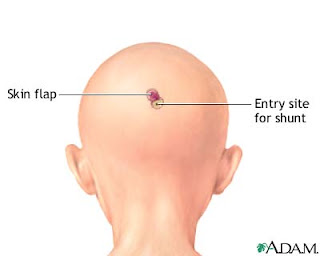

Local anesthesia, as the American Dental Association (ADA) describes, is used to prevent pain in a specific area of your mouth by blocking the nerves that sense or transmit pain, numbing the mouth tissue. The most nerve wracking part for me is the waiting to get into the room, I have GAD so I'll bring my partner for support, keep myself occupied with reading material, and do my breathing exercises if needed. Dental anesthesia is generally broken into three types: local, sedation, and general. I also want to be real with you and say if you do have Celiac these will become regular, I've had two in the two years I've been GF, but eventually the frequency should die down over time and healing. Most side effects are minor and temporary, such as nausea, vomiting, chills, confusion for a few days, and a sore throat caused by a breathing tube. This type of anesthesia, while very safe, is the type most likely to cause side effects and to carry risks. It does not cause a person to lose consciousness. It's been more pleasant than some regular visits to my old GP, but you do wake up a little loopy after it. General anesthesia causes you to become unconscious. Lidocaine is the most common local anesthetic, but doctors and anesthetists use different drugs for.
#DOES GENERAL ANESTHESIA MAKE YOU LOOPY FULL#
The actual procedure is the easiest part, it's only heavy sedation and not full general anesthesia (unless someone wants that) so there's not that risk, but you're asleep for the entire thing. Meisinger says, “ it's always kept within the operating room.The most annoying part of any endoscopy for me is the prep when you do a total endoscopy (upper and lower, lower requires you to clear your colon and the gross electrolyte liquid they made me drink gallons of I cried through the whole time because it tasted awful) good for you in this instance that you're just doing upper, so no prep! I also have white coat anxiety since diagnosis so I completely understand your apprehension at hospitals and procedures. Because sedation effects may linger, you may have a headache, nausea, and feel sleepy for several hours. Rest assured, even if you do say something you wouldn't normally say while you are under sedation, Dr. I was hoping I’d be loopy and say something funny after my wisdom teeth removal, but I was perfectly lucid waking up and walking out of the office. It's normal to feel relaxed while receiving anesthesia, but most people don't say anything unusual. The most common thing is that you will ask questions and then not remember that you asked them, and ask them again. Īnesthesia won't make you confess your deepest secrets It can last up to 4-6 hours or longer after your procedure, and the benzodiazepine-based medication may interfere with your short-term memory, lead to problems with decision-making, and alter your emotional state, which is why you may see lots of videos of people acting strange or irrationally after sedation at the. Because our patients enjoy a highly relaxed state during IV sedation, they should expect some of the amnesia effects to extend past the procedure. Patients may be slightly drowsy following IV sedation however, the drowsiness should subside within several hours following the procedure.


 0 kommentar(er)
0 kommentar(er)
